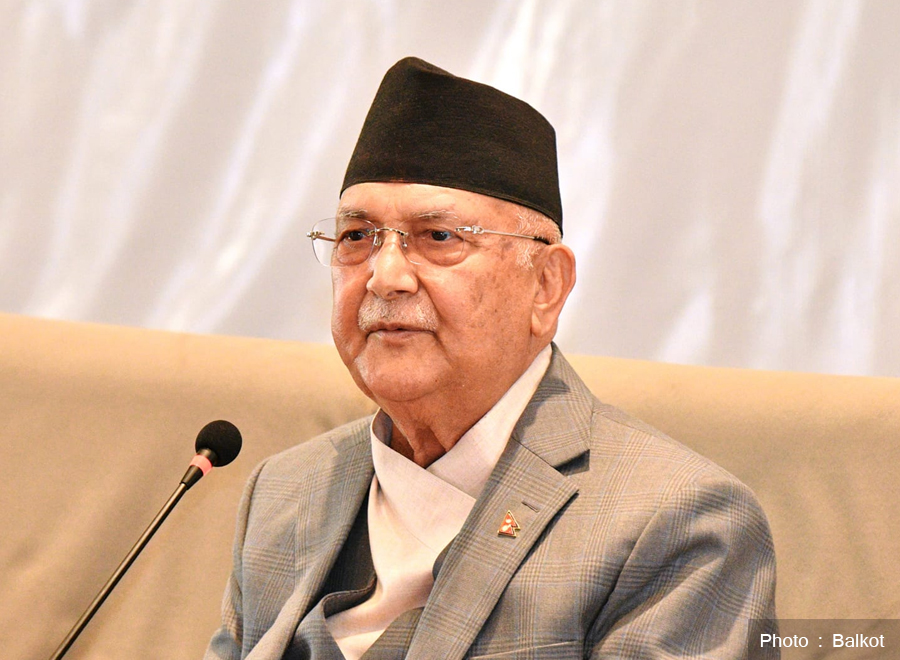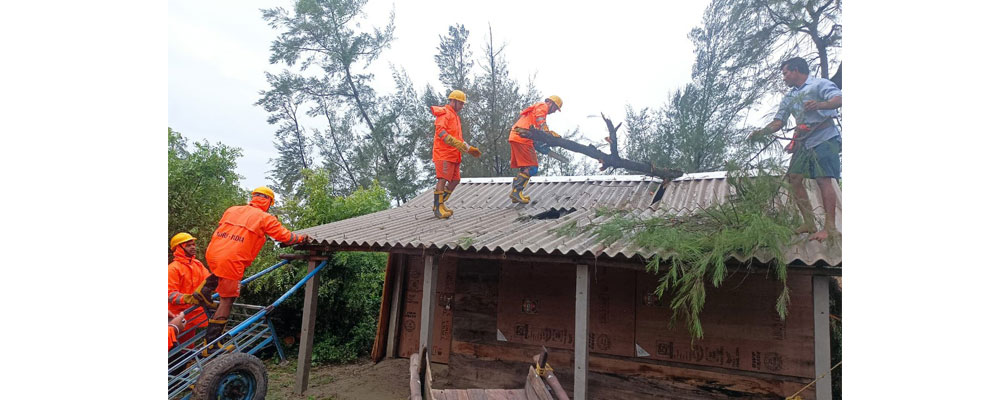Enhancing capacity of least developed countries to participate effectively in intergovernmental climate change

Kathmandu — Least developed countries face severe socioeconomic and environmental problems that threaten sustainable development. These problems include inadequate financing for facilitating better and environmentally friendly technological innovations, insufficient technical capacity to develop green structures and equipment, and ecosystem degradation, among others. Climate change is likely to deprive large sections of populations living in least developed countries of their livelihoods, hence increasing the probability that communities will remain in poverty, a press note from UN climate reads.
To mitigate these threats, engagement of least developed countries in intergovernmental climate change negotiations is of paramount importance. It requires their greater involvement in the United Nations Framework Convention on Climate Change processes, decision-making and implementation of decisions, to bring about sustainable solutions to the climate change challenges.
Currently, many international decisions on climate change policies are being made and implemented without adequate participation from the least developed countries. This is because their negotiators often have insufficient technical capacity and resources to effectively represent their countries in these processes. In order to close this gap, the United Nations Environment Programme (UNEP) is committed to building the capacities of Member States to be effectively involved in negotiation.
In October 2019, UNEP held a capacity building workshop in Timor-Leste to share knowledge and information with the country’s negotiators that would fast-track the process of building coalitions with other treaty parties, to further boost the country’s voice in large environmental negotiation and coordination settings. The negotiators were taken through basic negotiation steps such as: ways of finding official documents, how to read annotations and steps for developing a reference list, as part of preparations for engagement.
In Nepal, UNEP and the Ministry of Forest and Environment held a similar national workshop in October 2019. The workshop enhanced the understanding of Nepal’s negotiators on the key aspects of negotiations, options for presenting a country’s position on a treaty, key elements of briefing notes, Nepal’s climate change coordination mechanisms and climate change negotiation blocs, amongst others.


















Facebook Comments